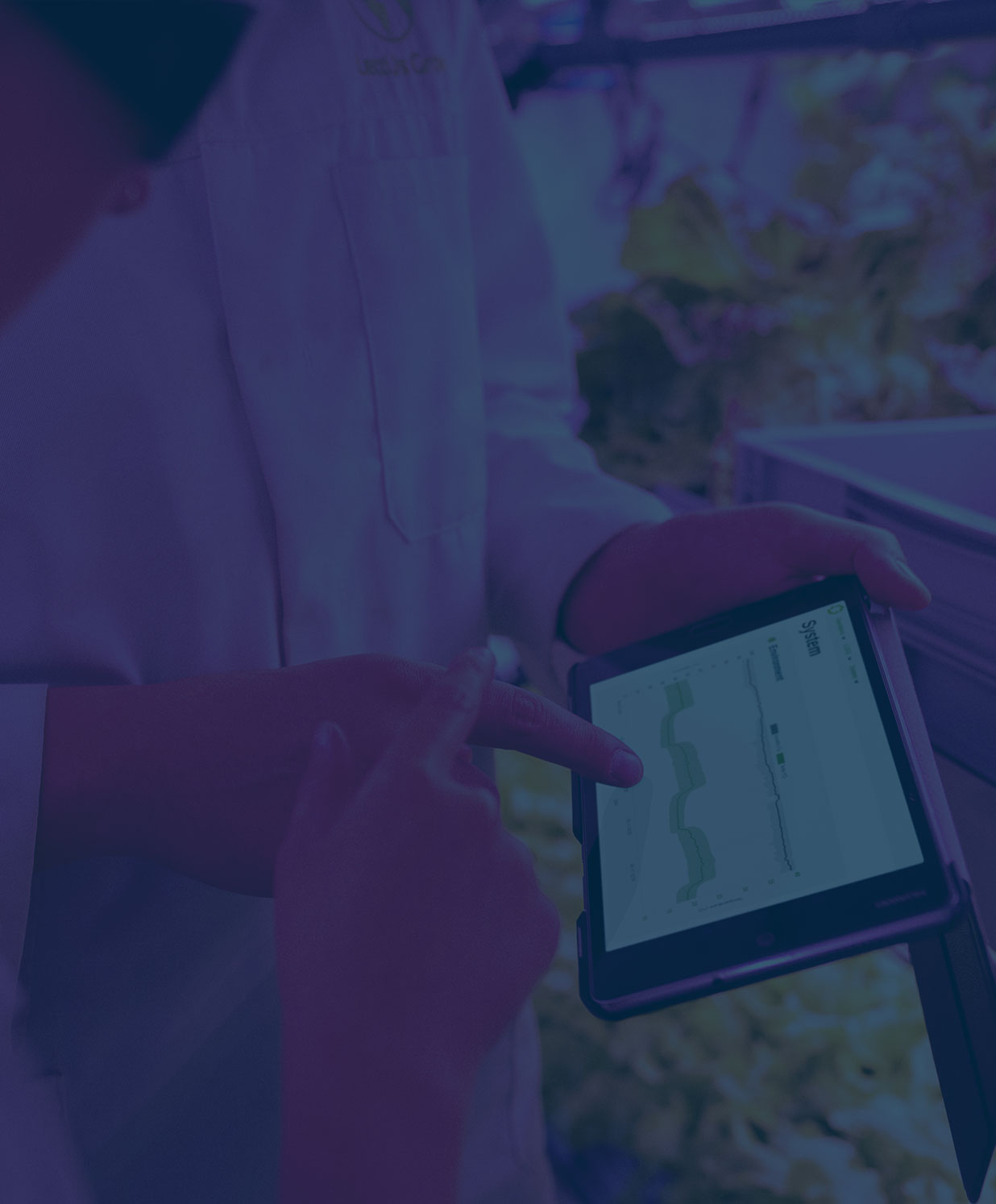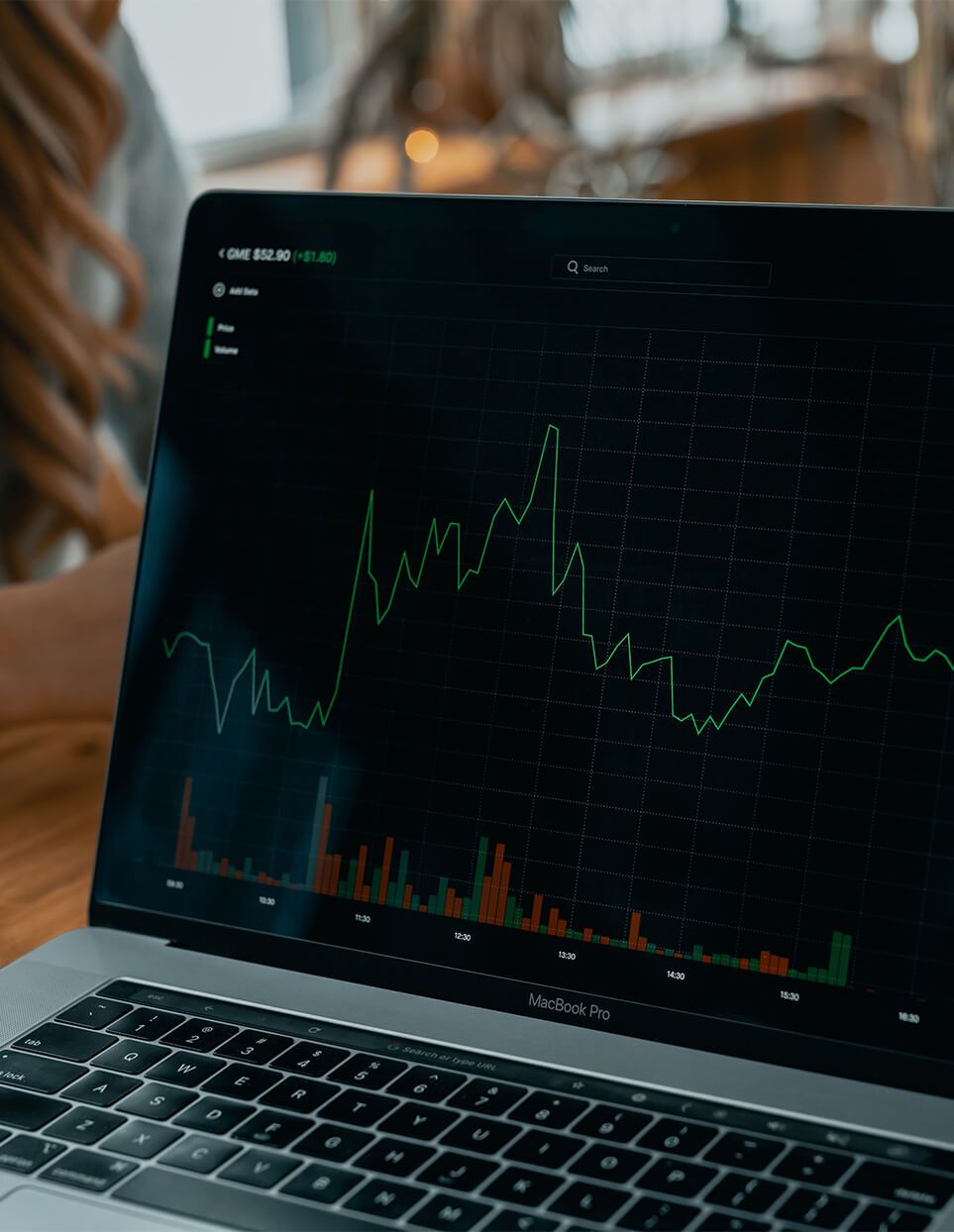Data Science
Look at the numbers to understand the present and see your future. The abundance of data the modern world creates (more than 460 million terabytes every day) tells us so much, from how we navigate a website to how businesses can keep pace with emerging industry and societal trends. Different from data analysts — those who use raw data to answer immediate business questions with actionable insights — data scientists are those who not only help their team make decisions here and now, but storytellers who use data from multiple sources to help businesses forecast upcoming trends and needs, shaping those observations into actionable recommendations over time. Your skills in this arena will continue to be in demand, and when you hone them with Regis, you choose a community that will help you graduate with a portfolio of work demonstrating that you are prepared to analyze, then mold, the world around you through data science.







